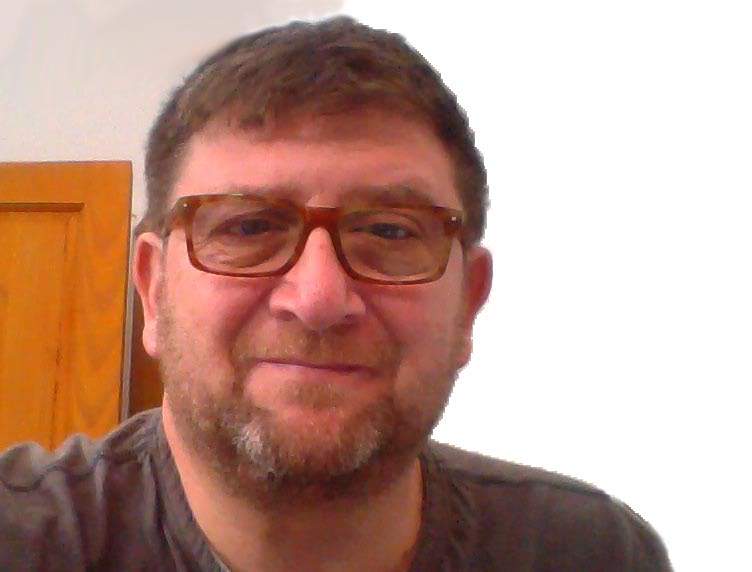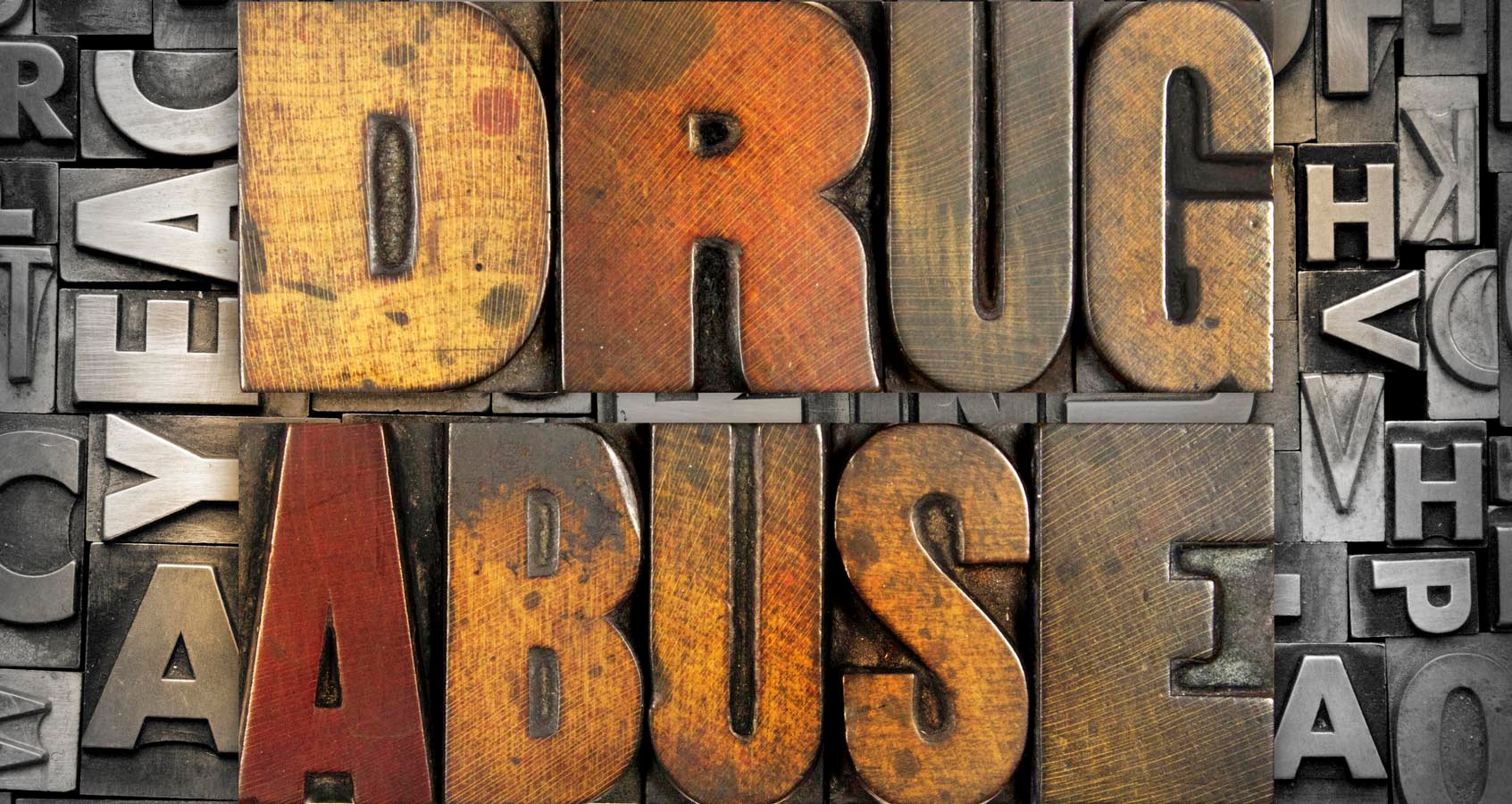DRUG PREVENTION: Does My Student Know More Than Me?

The answer must surely be YES.
Young people do not want “grown-ups” to know they are using drugs and / or alcohol at dangerous levels.
Or if they are found out, or admit to using, they want everyone to know: “I know what I am doing, I have read about it”.
They believe they are invincible, untouchable… yet they experiment.
New trends and drugs are emerging almost on a weekly basis. Finding different ways to come down from different drugs has almost become part of the challenge for them.
Instead of drinking a bottle of vodka, gin, scotch or wine to come down from a night on stimulants they are now “popping” Xanax or Klonopin to come down.
They sleep for up to twelve hours, and no-one is any the wiser what they have been doing the night before. Working on the streets in south-eastern seaside town on Friday and Saturday nights during part of last year, I saw degradation on a scale I had not previously seen… even after working in the drug field for more than 25 years.
Young people 16-24 using, taking risks, not caring of the consequences. Part of my remit was to report any under-16’s to police… for them to escort home.
I could not believe the number of “minors” that were out on the street between two and three in the morning. Parents, teachers, scout leaders, youth leaders, football coaches, social workers, keyworkers, police, probation are all at a loss, as the situation worsens.
Everyone needs education on where to go for help, and what to do when they are caught up in this life-threatening cycle. All students need to know it is not glamorous but has serious consequences.
Teaching young people is not about telling them “DON’T DO DRUGS”, or “JUST SAY NO”
They need to be taught the facts, of how the drugs work on different people, the psychological, the physical and the environmental/social consequences.
They need to know what is being witnessed every day in A&E units, police stations and schools.
We need to be teaching young people from as young as 8 or 9 years old about:
- Peer Pressure
- Causes of Addiction
- What We Can Be Addicted To
- Transition from Primary to Secondary School
The younger the students are taught the greater the chance of them affecting the culture in a school once they reach the later years.
Students should be made aware of the risks once they have left school and are about to move, or have moved on to Further Education. The risks that can be involved around travelling… running out of money, working abroad, or even meeting the wrong people. So many young people when travelling do not understand or admit to feeling vulnerable.
As written in the Edinburgh Evening News, December, 2018: “A University student sobbed as she was jailed yesterday after being caught bringing drugs worth £100,000 into Scotland in a suitcase.” She was caught at Glasgow Airport with a suitcase containing 10kg of cannabis.
The Guardian reported in March 2018: “A group of five students from the University of Manchester who funded a luxury lifestyle by selling more than £800,000 worth of drugs on the dark web.”

I have a list of twenty+ families with young people, all aged over 16, who are in are in full-time further education and in full-blown addiction. The impact is not just on the individuals who are using, but on the parents, siblings (older or younger) and the wider community.
The longer the young people are involved, the harder it is for them to stop using. They are involved in crime. Crime within their own communities. Often the parents are too ashamed to speak outside of the family.
Teachers are unaware of the damage being done outside of the colleges. Young people want to know what is going to happen to them if they get caught in possession. Every case is different.
Young people need professional advice
Every young person “knows someone, who knows someone, who knows someone” who did not get charged. If a young person is caught with drugs and the police believe they were for personal use, they will assess amount, class of drug and any previous convictions before deciding to charge or not.
Young people do not realise (or believe):
- Although a caution is not a conviction, it will stay on your criminal record forever.
- They may get a conditional or absolute discharge, which means they do not go to jail… but it does carry a permanent criminal record. If they are subsequently caught again, the outcome could be far more serious.
- Fines, sentences become heavier if you are caught supplying others, or if the police believe you intended to supply others.
- Under 18s may still receive a conviction. If it is a first offence you could be given a Youth Caution, which is not a criminal conviction, but will stay on your record forever.
Young people turn up in private rehab (at a cost of £10,000 for 28 days), still believing they are going to stop. The journey from cannabis to heroin is getting shorter and shorter as time goes on. Young people who come into rehab have to work twice as hard as someone in their 40’s to stop using. The alternative for them is to still be doing treatment when they are 40 … if they are lucky to still be alive.
Ask anyone who has been in full-blown addiction how many relatives or friends they have buried through addiction. Within every single workshop we present to college students, university students and apprentices someone always breaks down. Be it during the workshop or afterwards.
The 16-year-old girl who is her mum’s carer. Her mum is a heroin addict. Her daughter scores, pays for and does everything but use it for her mum. The poor young girl is left with £10 a fortnight for her own food.
Or the 20 year-old young man who is caring from his alcoholic parents, whilst trying to study for his own degree. He is too scared to live away from home, through fear of finding them both dead.
I have a lovely friend for many years, who was a heroin addict and has been clean for over 20 years. She is one of the 10 per cent who beat heroin addiction.
She works in the drug field, and her son has become a heroin addict. She goes out to score for him, because she does not want to see her son in prison.
Having worked in treatment centres, with the police, with probation, in prisons, in colleges, in schools and supported many families I would like to ask the following rhetorical question:
HOW IS ANYONE IN FULL-BLOWN ADDICTION AT THE AGE OF 19, GOING TO STOP WHAT THEY ONLY STARTED WHEN THEY WERE 13?
Steven Mervish, Specialist Substance Misuse Practitioner, Drugsline Education











Responses